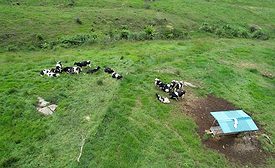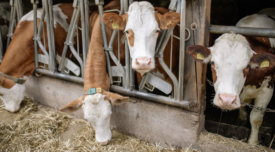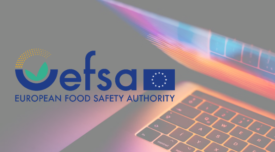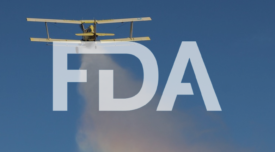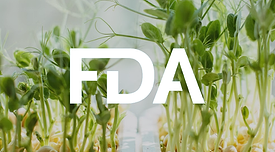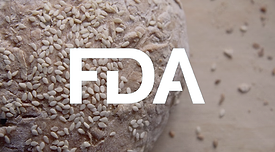Guidelines
Significant growth and advancement in low- and middle-income countries can be accelerated when operators across the dairy chain meet international standards for food safety
Read More
Safe Bites: Ensuring Ethics Make the Food Menu
Numerous sectors require that their professionals engage with ethical education; why does the food industry not mandate food safety ethics courses?
October 9, 2023
Never miss the latest news and trends driving the food safety industry
eNewsletter | Website | eMagazine
JOIN TODAY!Copyright ©2025. All Rights Reserved BNP Media.
Design, CMS, Hosting & Web Development :: ePublishing
